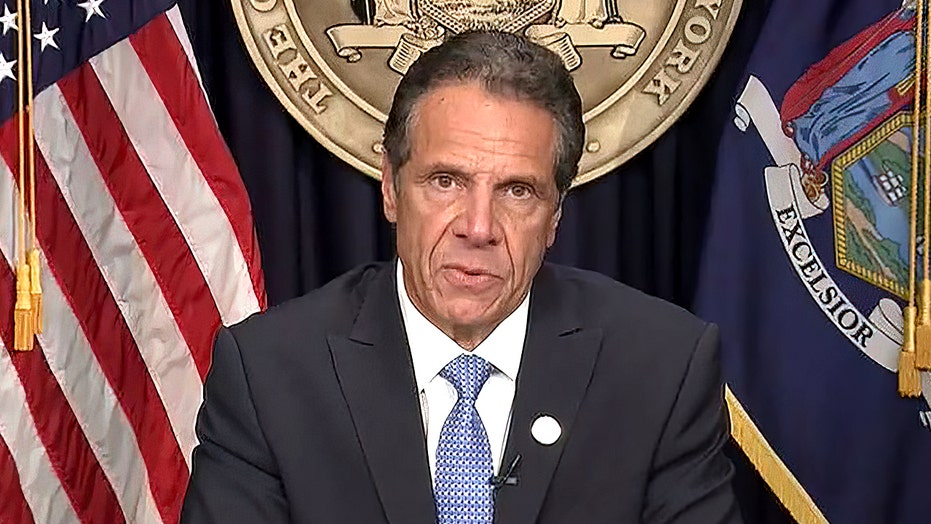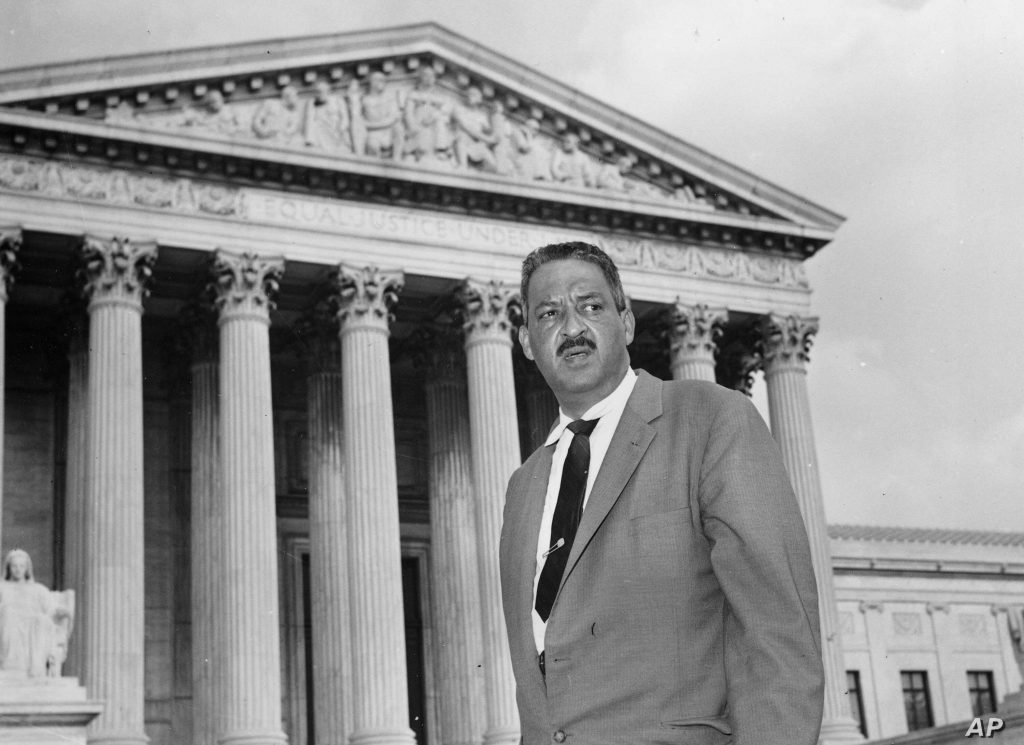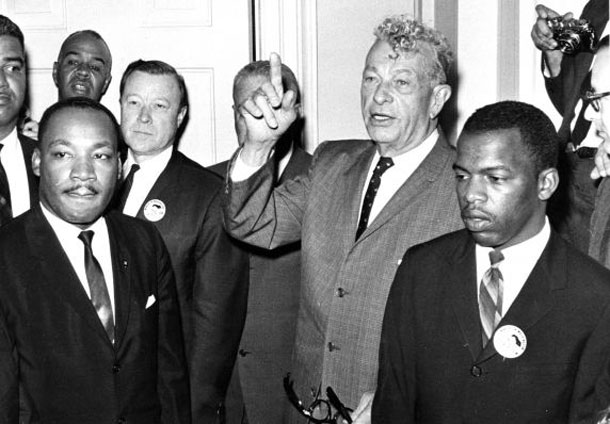I own a lot of books.
Some might say an excessive number of volumes. I’m a collector, but also a book advocate. I like books. I live in many ways to be surrounded by books and the ideas, insights, controversies and confusion contained between their covers.
I own books I love and some I hate. I grew up with books. My dad subscribed to the old Readers Digest condensed book program that sent several times a year a hard cover volume of five or so “condensed” books to our living room. My dad would devour those stories and patiently wait for the next volume to arrive. It rubbed off.
Growing up I loved books by Clair Bee, a hugely influential basketball coach at Long Island University from the 1930’s to the 1950’s. Coach Bee invented the one-third-one zone defense, which can still be effective if you have a quick team that can shift, cover and defend.
Most of all, from my perspective, Clair Bee wrote books – the Chip Hilton series, 23 books in all about a humble kid who starred in football, basketball and baseball. These books for would be sports stars had titles like “Buzzer Basket” and “Touchdown Pass.”

I eventually moved on to history and biography and finally discovered novels. My love for books led me to serve on two library boards in two different states. I collect books on presidents and U.S. senators and have books on ones I admire and loath. I have critical books about Winston Churchill and Ronald Reagan and books that place both of them among them the greatest political leaders of the 20th Century.
Books are like that. Complicated. Full of controversial ideas. Some are well done. Some aren’t. Some endure, many don’t.
I have a book that was written in 1937, a critical, first-hand account of Franklin Roosevelt’s scheme to “pack” the U.S. Supreme Court that same year. Two well-placed journalists wrote it. It reads like a novel and has stood the test of time as a source on the near Constitutional crisis FDR created. Is that book the total story of that controversial part of the Roosevelt presidency? Of course not, but it is a piece of the story. Dozens of other books have been written about the same subject and I expect many more will be written. They should be written and read.
I have a dozen books, at least, on Thomas Jefferson. Not one of them is the complete Jefferson. Individual books point the way to begin to understand a subject, and no book is the only “truth” about any subject. That is why I have a dozen books about the third American president. He is a complicated story.
All this by way of saying be wary, be very wary when anyone says they want to ban or remove books. Sadly – and this happens periodically, which is also sad – a bunch of folks across the country right now think banning books is a good idea. But in fact, it is a horrible, dangerous idea.
Search “book banning” and you’ll find some shocking stuff right now. Two school board members in Virginia actually said recently that some books in the school library ought to be burned. They clearly haven’t read any history.
A school board member in Florida actually filed a police report suggesting it was crime to feature one particular book in a high school library. A Texas lawmaker has suggested more than 800 books that he believes ought to be prohibited in the state’s schools, books dealing with race, sex, human rights and a volume that would be laughably ironic on such a list if it wasn’t so sad, a book entitled The Year They Burned the Books.
“We’re seeing an unprecedented volume of challenges,” Deborah Caldwell-Stone, Executive Director of the American Library Association’s Office for Intellectual Freedom told Time. “I’ve worked for ALA for 20 years, and I can’t recall a time when we had multiple challenges coming in on a daily basis.”
Here’s something you can learn from reading books. One of the first things that happened in Germany in 1933 after Adolf Hitler came to power was the destruction of thousands of books. This is widely documented, including at the U.S. Holocaust Museum, but also by historian Richarad L. Evans in his brilliant three volume study of The Third Reich.

On a single day – May 10, 1933 – organized and well attended demonstrations took place in 19 different German university towns, as Evans wrote, where “huge numbers of books by Jewish and left-wing authors were piled up and set alight.” But in Germany, of course, more than books were banned. Jewish and leftist professors were pushed out of universities and artists and museum directors were sacked, with many fleeing the country.
It wasn’t just the ideas espoused by these people or the concepts in their books, paintings or films that Hitler and his henchmen sought to eliminate. “What the Nazis were trying to achieve,” Evans says, “was a cultural revolution, in which alien cultural influences – notably Jews but also modernist culture more generally – were eliminated and the German spirit reborn.”
It was a kind of Make Germany Great Again moment.
The cultural war that is flaming on the political right in America has, of course, the same basic aim. The “alien cultural influences” that are under assault today are members of the LGBTQ community, anyone who believes the study of American history must reckon with race and slavery, “elites” of every flavor, university professors, school board members, and always Jews and people of color.
And some conservatives, seeing this cultural war as a means to sow division and frankly scare people, are weaponizing books for political means. A conservative just won the governor’s office in Virginia by these means, and governors from Texas to Idaho will happily fan these flames of resentment and anti-intellectualism if it means placating the fringe actors who want to cancel any culture at odds with their own beliefs.
Put me down as a radical believer in free expression. I favor books and ideas, even especially ones I disagree with. Banning books is abhorrent. Allowing this to happen, or heaven forbid normalizing it, is a big step down a very slippery slope.
We should know better.
We must know better.
—–0—–
Additional Reading:
Some other items I found of interest and hope you do…
Who Poisoned Joe Gilliam…Twice?
A remarkable story from Willamette Week’s outstanding Nigel Jaquiss.
“Two criminal investigations are pending into Joe Gilliam’s attempted murder, one in Lake Oswego and another in Arizona. Police in both jurisdictions declined to comment.
“Both agencies believe, however, that someone close to Gilliam tried to kill him last year with a toxic metal called thallium. And they did so not once, but twice.
“His guardian and the judge overseeing his custody are concerned enough that someone will try again that they will not reveal his exact location.”
A fascinating and disturbing true crime read.
Inside the Red-State Plot to Take Down a Top Trump Ally
I always read the work of McKay Coppins in The Atlantic and this piece about Utah Senator Mike Lee is great.
“First elected in the Tea Party wave of 2010, Lee has long rankled the local establishment in Utah, where he is viewed by many as a showboating obstructionist whose penchant for provocation routinely embarrasses his home state and its predominant religion. Lee’s MAGA makeover during the Trump presidency served only to exacerbate that perception. Now, as he prepares to run for reelection next year, Lee is bracing for a concerted, multifront campaign to unseat him. He seems to know that a third term isn’t guaranteed.”
Good political reporting. Here’s the link:
Sam Huff, Fearsome Hall of Fame Giants Linebacker, Dies at 87

“Playing for the Giants in their glory years of the late 1950s and early ’60s, Huff came out of the West Virginia coal country to anchor a defense that gained the kind of renown that had previously been reserved for strong-armed quarterbacks and elusive runners.”
A great obit of the Hall of Famer in the Times.
And while I was reading about Huff’s remarkable career, I came across this – a CBS documentary about Sam Huff, narrated by, who else, Walter Cronkite. Great stuff.
Trains, Planes and Automobiles
And…an early Thanksgiving wish for all of you. This review of my favorite Thanksgiving themed movie with the greatly missed John Candy and the vastly talented Steve Martin.
Anyone need any shower curtain rings.
Be safe. Keeping reading books. Thanks. Happy Thanksgiving.




























